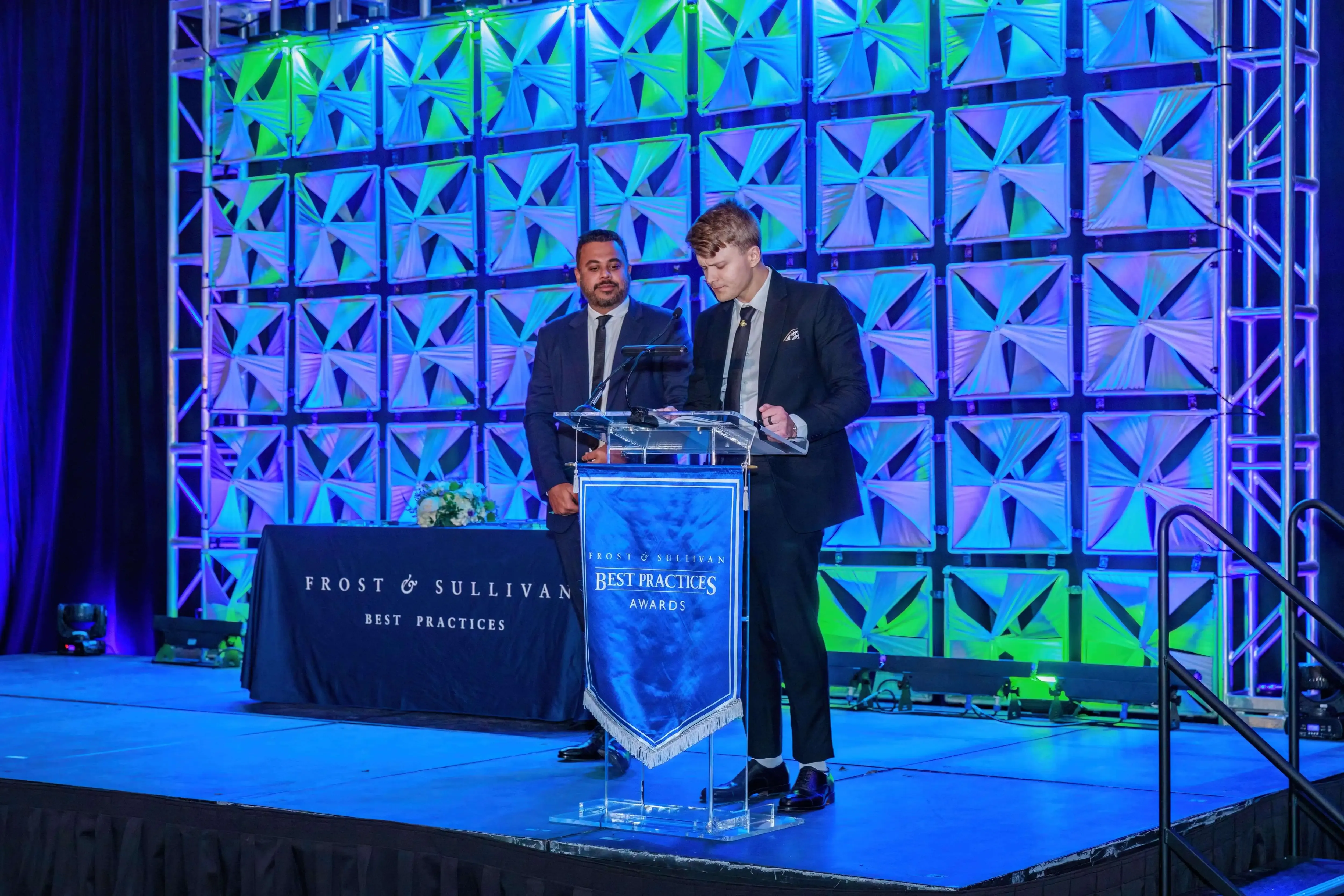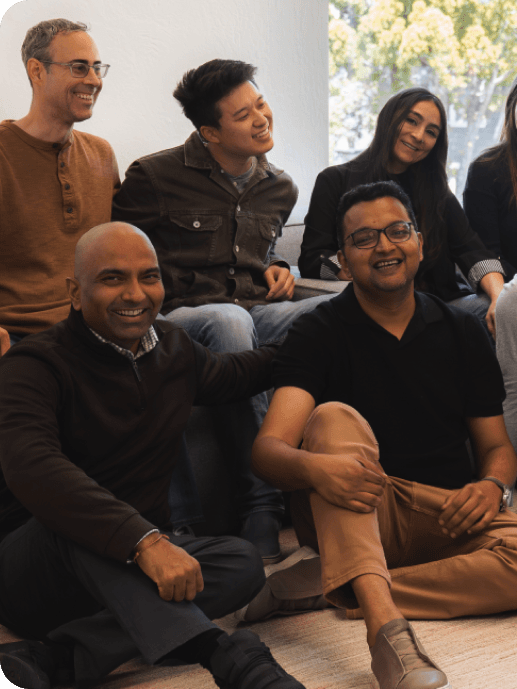From Call Center to Competitive Edge: How Accent Translation is Unlocking Global Talent

Global enterprises face a growing paradox. As customer support becomes more distributed, hiring from diverse geographies is easier than ever, but communication friction is harder to ignore. Traditionally, companies have tried to solve this by training agents to change how they speak in order to be understood.
What if the answer isn’t to change the speaker, but to improve how they’re heard?
That’s exactly what Frost & Sullivan recognized in naming Sanas the 2025 North American Company of the Year in Accent Translation. Their latest report highlights how Sanas’ real-time voice AI is unlocking access to new talent, improving business outcomes, and redefining inclusion in customer experience.
“Sanas’ leadership is defined by the alignment of engineering excellence with ethical intent. The company’s speech understanding platform eliminates the need for accent erasure, a practice rooted in colonial standards that equate professionalism with Western phonetics. In doing so, Sanas redefines voice technology as a tool for equity, not conformity.” - Ana Victoria Dominguez, Best Practices Research Analyst at Frost & Sullivan
Read on for top takeaways, then get your free copy of the Frost & Sullivan report.
The Challenge: When Accent Training Blocks Opportunity
Accent training remains a standard industry practice despite mounting criticism of its cultural and psychological toll, according to Frost & Sullivan.
The report notes that traditional voice training is time-consuming, psychologically burdensome, and operationally inefficient. Agents are coached to suppress their natural inflection in favor of a Westernized accent, often through weeks of drills and pronunciation. Though positioned as professional development, the practice imposes a form of linguistic conformity that reinforces old language hierarchies and can negatively affect agent confidence and job satisfaction.
The impact:
- Onboarding takes weeks, delaying productivity
- Turnover rises, as agents disengage or burn out
- Customers still struggle to understand
This model doesn’t just limit individual expression, it creates barriers to scale. Long training cycles, inconsistent results, and high attrition make it harder for companies to expand global support operations efficiently. As demand grows and teams become more distributed, these approaches become a bottleneck to sustainable growth.
AI That Empowers, Not Erases
Accent translation turns the traditional model on its head.
Instead of asking agents to change their voice, Sanas uses real-time accent translation to change how the voice is perceived while maintaining tone and inflection. The technology allows agents to speak naturally while making it easier for customers to understand them.
Sanas customers have reported:
- 14% lift in first-call resolution within 90 days of implementation
- 97% of agents actively use the tool
- Zero reported instances of customers asking to switch agents due to accent-related concerns.
The report notes that because the technology works across low-bandwidth networks and basic hardware, making it deployable in under-resourced geographies where voice-based careers were previously inaccessible.
And because it integrates via low-latency API, enterprises can roll out Sanas without overhauling their existing systems. It’s designed for frictionless deployment and global scale.
Scaling Global Teams Without Communication Barriers
The report notes that Sanas doesn’t just solve a speech understanding problem. It solves a scale problem.
By removing the need for costly, time-consuming accent training, companies can tap into new talent pools without sacrificing customer experience. It opens the door to a more diverse, confident, and scalable workforce.
Frost & Sullivan call Sanas a “category-defining leader.” By creating space for every voice to be heard clearly and authentically, Sanas is building more than better calls. It’s building better teams, better service, and a better future for global work.
Want the full story? Download the full Frost & Sullivan report to explore how Sanas is turning inclusion into innovation and talent into a competitive edge.












